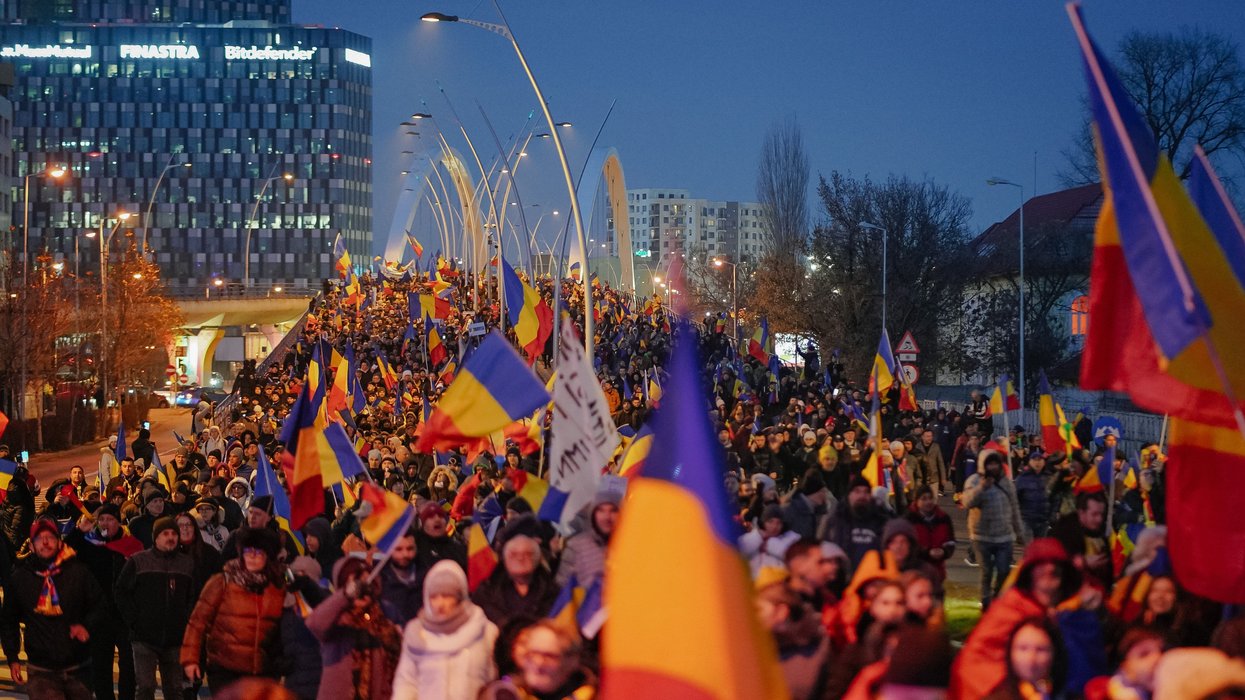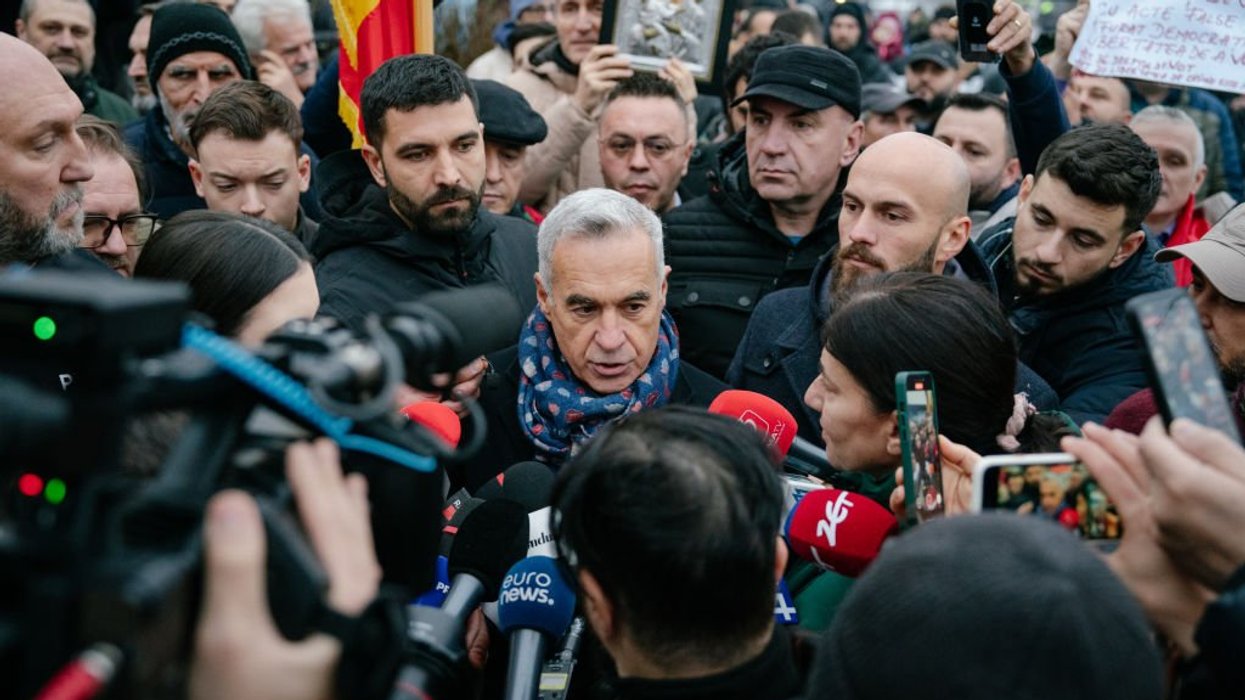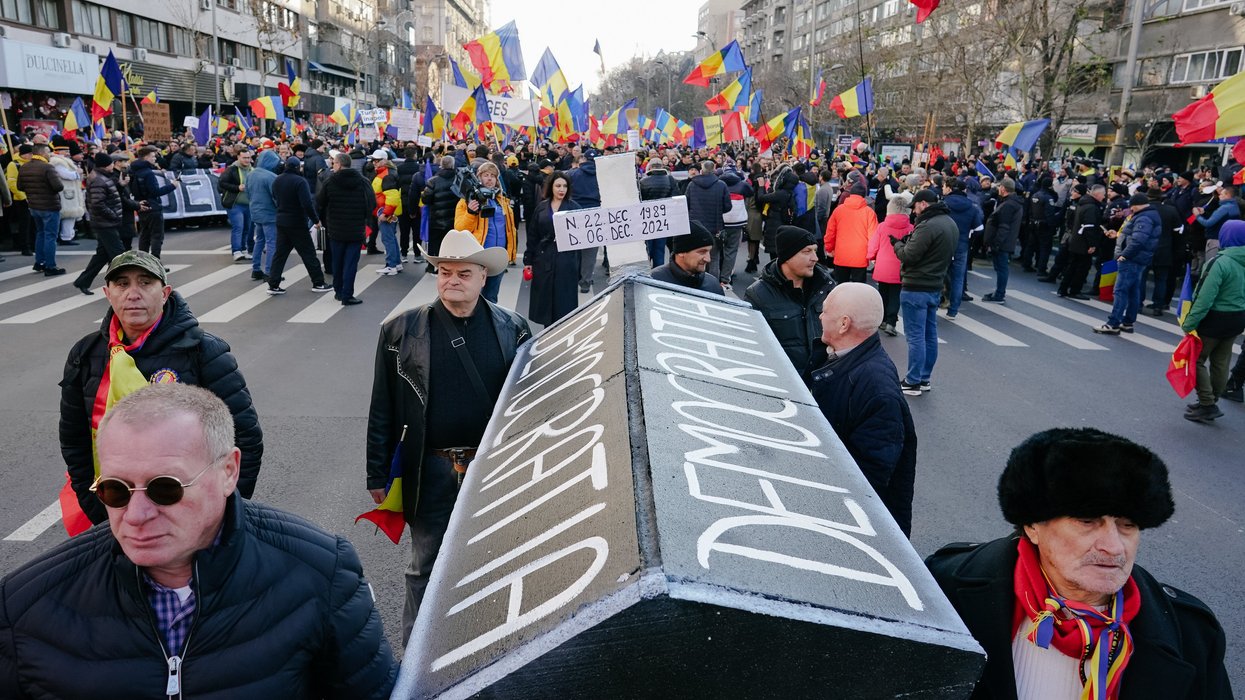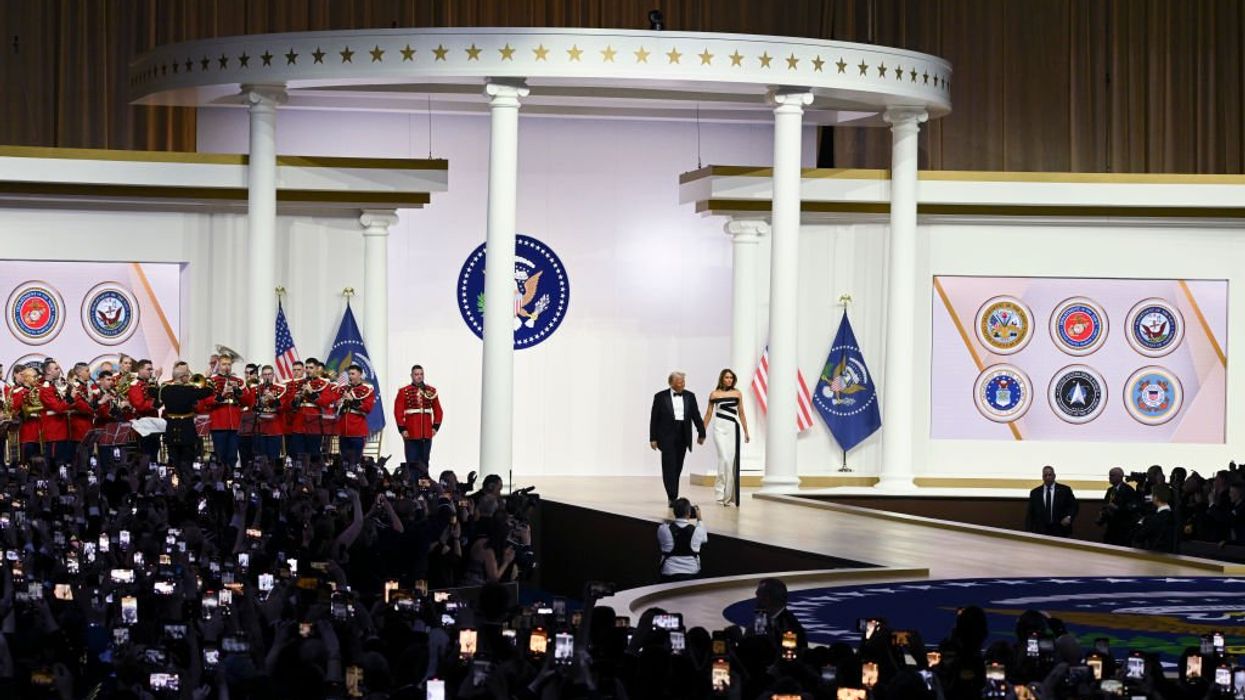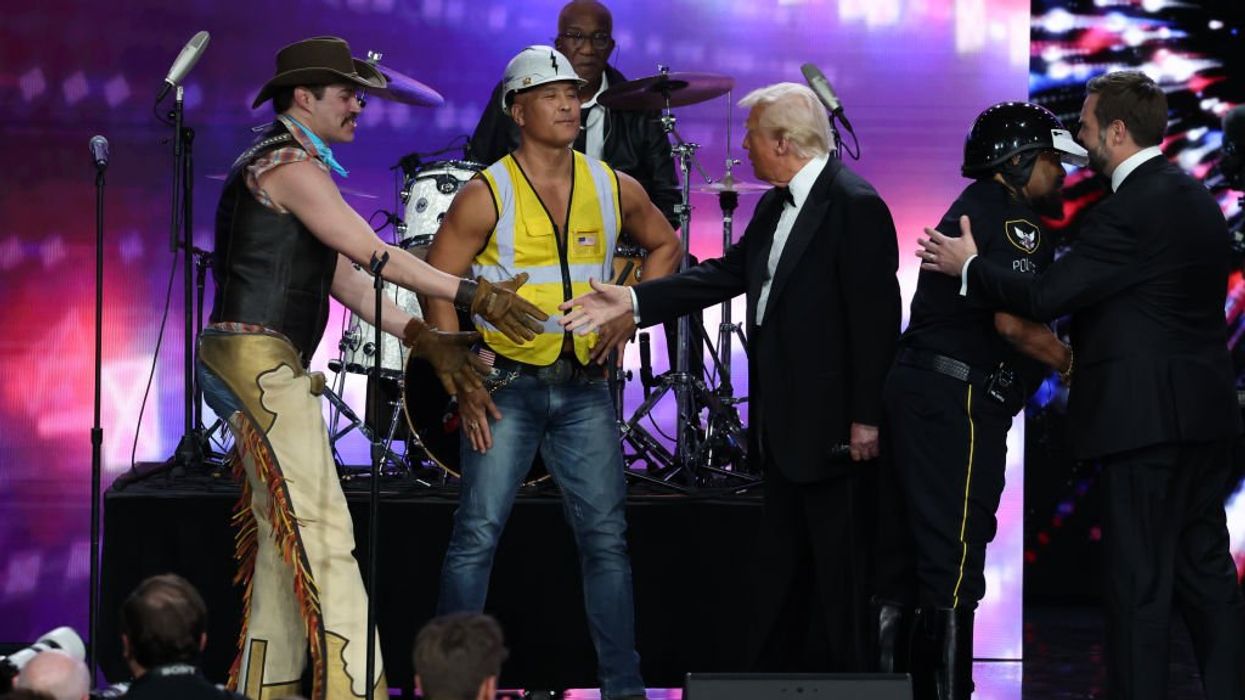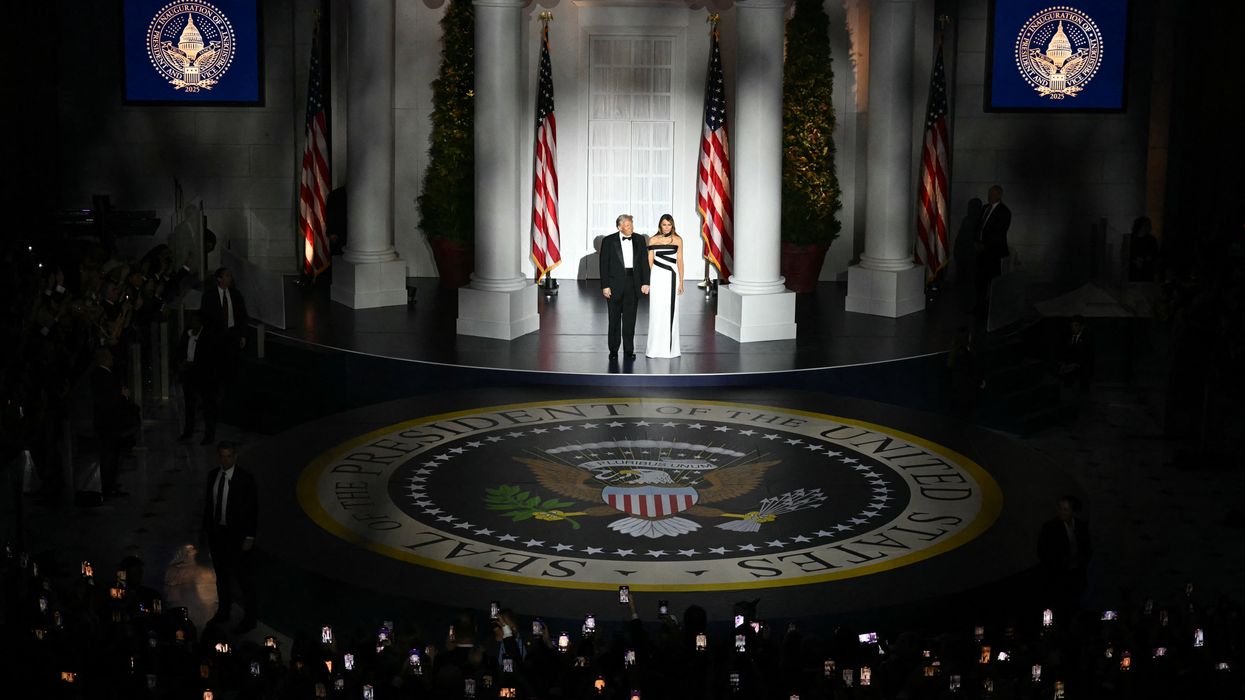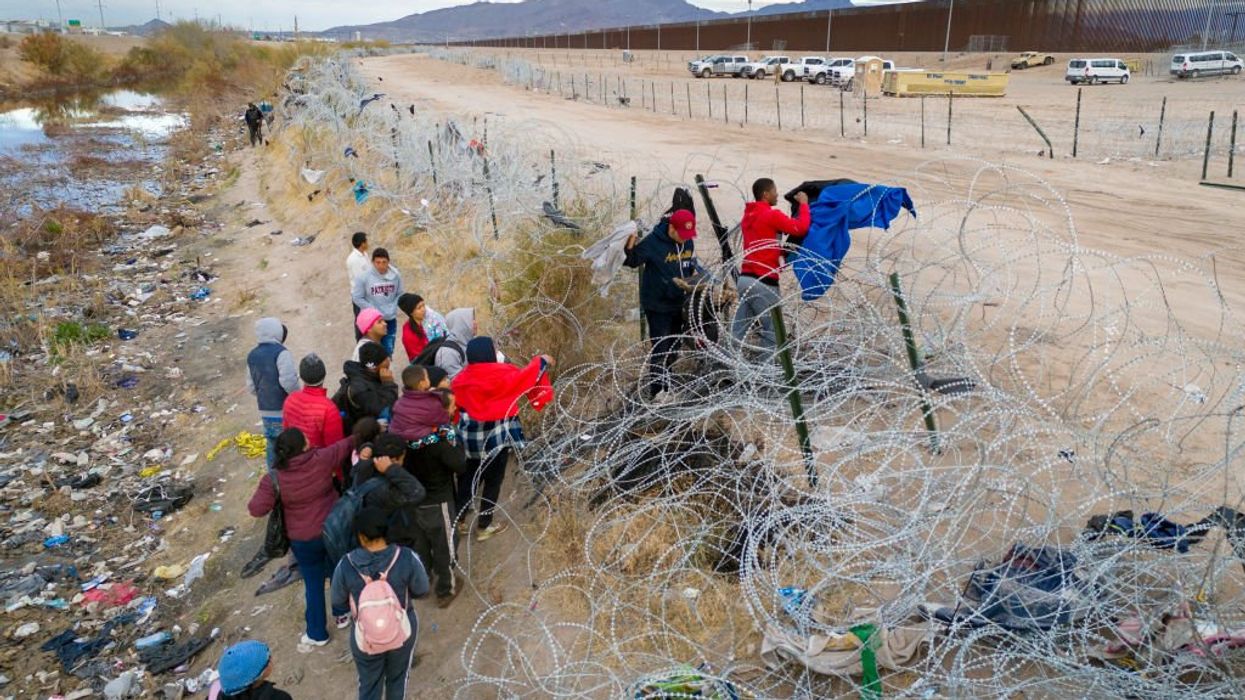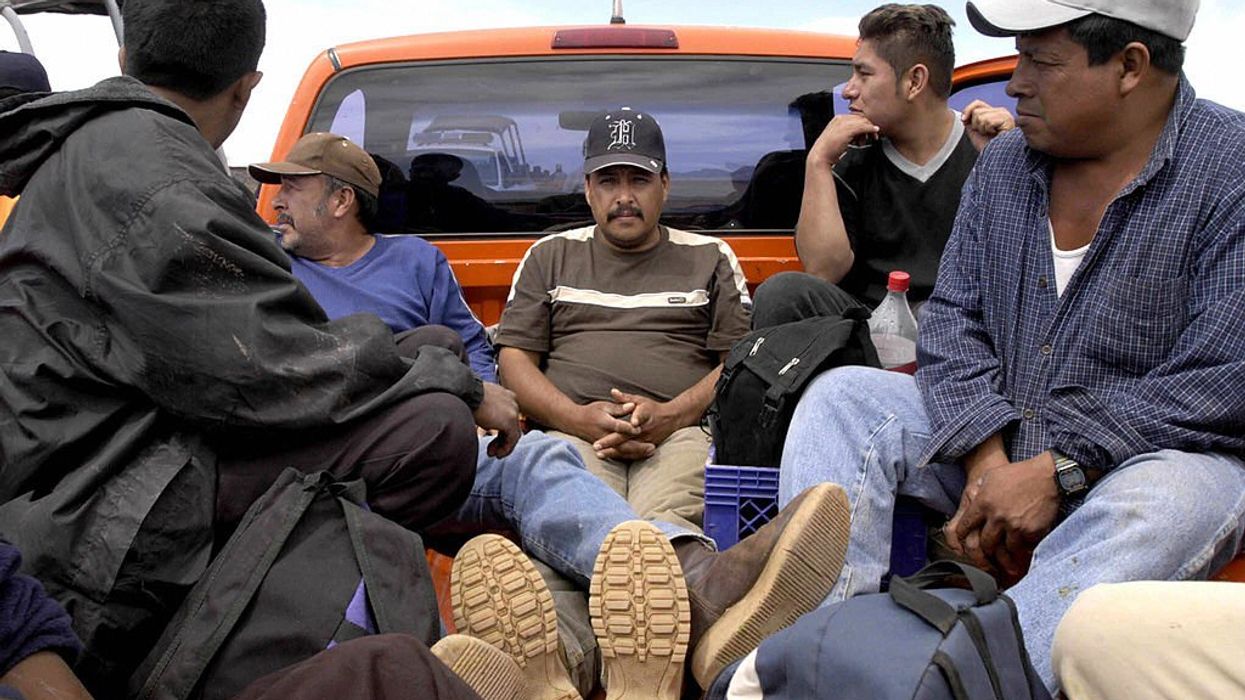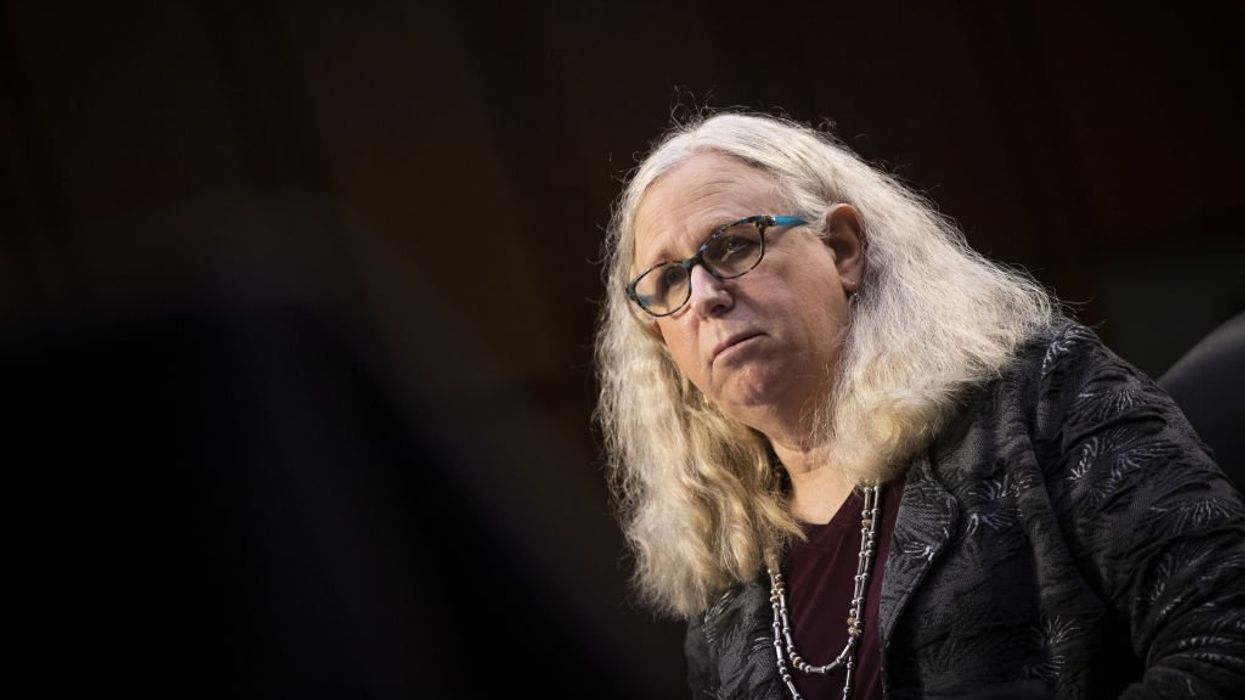Glenn gives the latest coronavirus numbers, updating YOU on everything needed to know as Americans and officials monitor China's new COVID-19 virus:
Daily Stats as of 5:30 AM CT (from John's Hopkins)
- Total Confirmed Cases Worldwide: 1,284,805 (up over 250,000 from 1,030,324 Friday)
- Total Confirmed Deaths Worldwide: 70,328 (up 16,100 from 54,226 Friday)
- Total Confirmed Recovered Worldwide: 271,782 (up from 219,896 Friday)
- 5% of Active Cases are considered serious (requiring hospitalization) Steady from 5% Friday, but down from 19% high back in February
- Note that about 11% of US Confirmed Cases require Hospitalization, roughly on par with Italy at 12% requiring hospitalization but lower than Spain, where 17% of patients require hospitalization.
- US has 336,851 Confirmed Cases and 9,620 Deaths, up from 245,380 cases and 6,095 cases Friday
- The US currently has 309,254 Active Cases of COVID-19, with about 1% of the US Population tested
- COVID-19 deaths in the US may be undercounted by half.
- Inconsistent protocols, limited resources and a patchwork of decision-making have led to an undercounting of people with the coronavirus who have died.
- Example 1: A coroner in Indiana wanted to know if the coronavirus had killed a man in early March, but said that her health department denied a test.
- Example 2: Paramedics in New York City say that many patients who died at home were never tested for the coronavirus, even if they showed telltale signs of infection, with death certificates marked as "cardiac arrest, respiratory failure or unknown".
- Example 3: In Virginia, a funeral director prepared the remains of three people after health workers cautioned her that they each had tested positive for the coronavirus. But only one of the three had COVID-19 noted on the death certificate.
- "We definitely know there are COVID-19 deaths that we have not accounted for," said Jennifer Nuzzo, a senior research scholar at the Johns Hopkins University Center for Health Security.
- Across the US, hospital officials, doctors, public health experts and medical examiners say that official counts have failed to capture the true number of Americans dying in this pandemic.
- The same effect has occurred in Italy, Spain, Ecuador and China, where the rate at which patients are dying and lack of testing has led to chronic undercounting of actual COVID-19-related deaths.
- As reported by The Blaze last week, citing the Wall Street Journal and Al Jazeera, Ecuador health officials in some areas have taken to burning bodies in empty lots or burying bodies in mass graves, with most dead never tested for COVID-19. https://www.youtube.com/watch?v=ICO0KwPFWcI, https://www.wsj.com/video/in-ecuador-epicenter-families-forced-to-leave-dead-outside/B35D7405-55AC-4876-821F-8B995AAEF1BD.html
- In one Italian village, a Mayor reported he had more than 300 bodies, presumed COVID-19 deaths, which officials had not picked up or counted in Italy's official numbers. "The army told us Friday, then Sunday. We're still waiting," he said.
- The pathogen that causes COVID-19 is gone within three hours from surfaces like printing and tissue paper, but can last for days on banknotes, stainless steel and plastic, researchers from University of Hong Kong find.
- The coronavirus that causes COVID-19 can adhere to the outer layer of a cotton surgical face mask for a week, according to a study by researchers from the University of Hong Kong (HKU).
- "This is exactly why it is very important if you are wearing a surgical mask you don't touch the outside of the mask," Dr. Peiris, research lead, said.
- "Because you can contaminate your hands and if you touch your eyes you could be transferring the virus to your eyes."
- In the instance where the public or health care workers must be forced to reuse masks due to short supply, the study recommends using surgical gloves and frequently washing hands immediately after using facemasks.
- USA Today researchers Fact Check Daily Wire article from last week that the Obama Administration failed to replenish the National Stockpile of N-95 masks after using for Swine Flu (2009) and Hurricane & Flooding clean up operations (2012).
- The article notes available funds were used not to replenish masks: "With limited resources, officials in charge of the stockpile tend to focus on buying lifesaving drugs from small biotechnology firms that would, in the absence of a government buyer, have no other market for their products, experts said.
- Masks and other protective equipment are in normal times widely available and thus may not have been prioritized for purchase, they said."
- Overall, USA today flags the Daily Wire story as True, lending credence to the Trump claim that the stockpile program was 'in a shambles' when his Administration took over.
- In the summer of 2005, President George W. Bush was on vacation at his ranch in Crawford, Texas, when he began flipping through an advance copy of a new book about the 1918 flu pandemic. He couldn't put it down.
- When he returned to Washington, he called his top homeland security adviser into the Oval Office and gave her historian John M. Barry's "The Great Influenza," which told the chilling tale of the mysterious plague that "would kill more people than any other disease in human history."
- "You've got to read this," Fran Townsend remembers the president telling her. "He said, 'Look, this happens every 100 years. We need a national strategy.'"
- Thus was born the nation's most comprehensive pandemic plan -- a playbook that included diagrams for a global early warning system, funding to develop new, rapid vaccine technology, and a robust national stockpile of critical supplies, such as face masks and ventilators, Townsend said.
- The effort was intense over the ensuing three years, including exercises where cabinet officials gamed out their responses, but it was not sustained.
- Large swaths of the ambitious plan were either not fully realized due to lack of funding from Congress, or were entirely shelved as the 2008 financial crisis took hold.
- Production of Corona beer is being temporarily suspended in Mexico because of the coronavirus pandemic.
- Grupo Modelo, the company that makes the beer, posted the announcement on Twitter, stating that it's halting production and marketing of its beer because the Mexican government has shuttered non-essential businesses.
- This week, the Mexican government announced the suspension of non-essential activities in the public and private sectors until April 30 in an effort to curb the spread of the virus. The country has more than 1,500 cases and 50 deaths, according to Johns Hopkins, but researchers fear the actual number of infected and dead could be much higher than reported as almost no testing has occurred in Mexico.
- Grupo Modelo stated it is ready to enact a plan to "guarantee the supply of beer" if the Mexican government decides to include breweries as essential, according to a statement.
- Both Japan & Hong Kong saw new waves of COVID-19 cases as travel and work restrictions were lifted about 10 days ago.
- Japanese Prime Minister Shinzo Abe plans to declare a state of emergency over the coronavirus pandemic, a government official said on Monday, as a recent surge in infections sweeps Tokyo and other major cities.
- The news comes after Japan officially moved the 2020 Olympics to 2021.
- In Japan, An Emergency eclaration, the first of its kind in that Nation, would restrict individual rights and allowing prefectural governors to call for specific limitations on people's activities.
- It has been made necessary by a rapid nationwide spike in cases that poses significant risks to lives and the economy, an official said.
- In Hong Kong, officials report they may have to impose strict lockdown with people told to stay home, government adviser says, amid warnings of third wave of infections swamped hospitals over the weekend.
- The Government put Hong Kong residents on notice for hardline approach to coronavirus seen in countries including Italy and Britain.
- Epidemiologist Dr. Kwok-yung of The Hong Kong Medical University warns of a third wave of infections as mainland Chinese had resumed work with some traveling to Hong Kong last week.
- Dr. Kwok-yung recommends reinstating the travel restrictions from Mainland China.
- The US Surgeon General said this week is going to be the "hardest and the saddest" for "most Americans' lives," describing the upcoming grim period of the COVID-19 Pandemic in the United States.
- "This is going to be our Pearl Harbor moment, our 9/11 moment, only it's not going to be localized, it's going to be happening all over the country and I want America to understand that," Vice Admiral Jerome Adams said on "Fox News Sunday."
- Adams continued: "I want Americans to understand that as hard as this week is going to be, there is a light at the end of the tunnel."
- Doctors are expecting peaks in Death Rates to occur in some of the hardest-hit areas, including New York, Louisianna, and Chicago.
- Washington State, one of the earliest hit states, experienced a peak in cases and deaths nearly two weeks ago, and now new cases and deaths have declined for 2 weeks straight.

